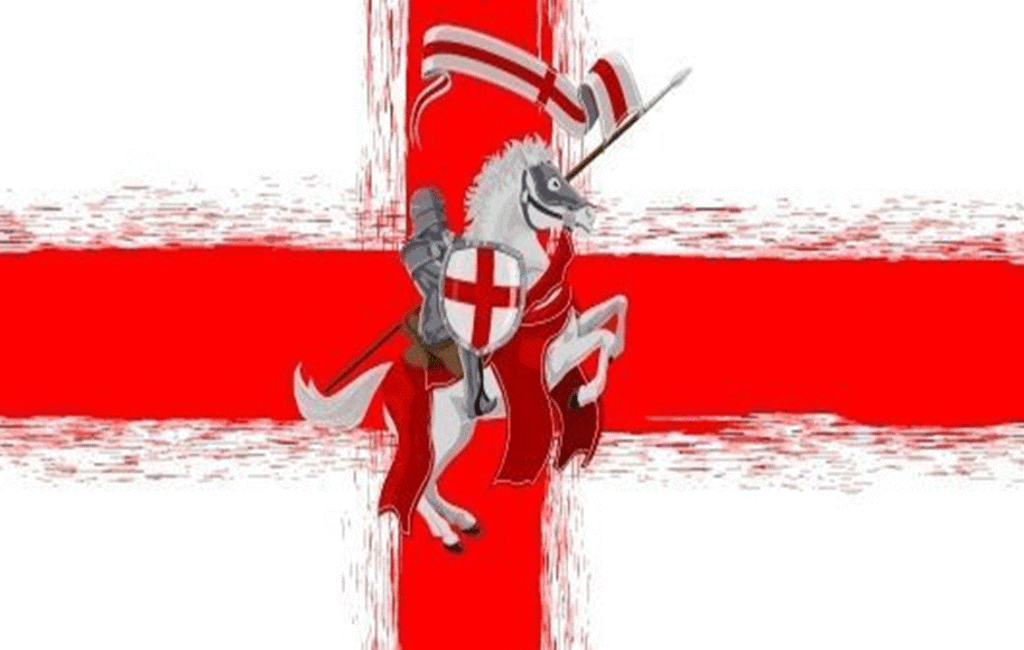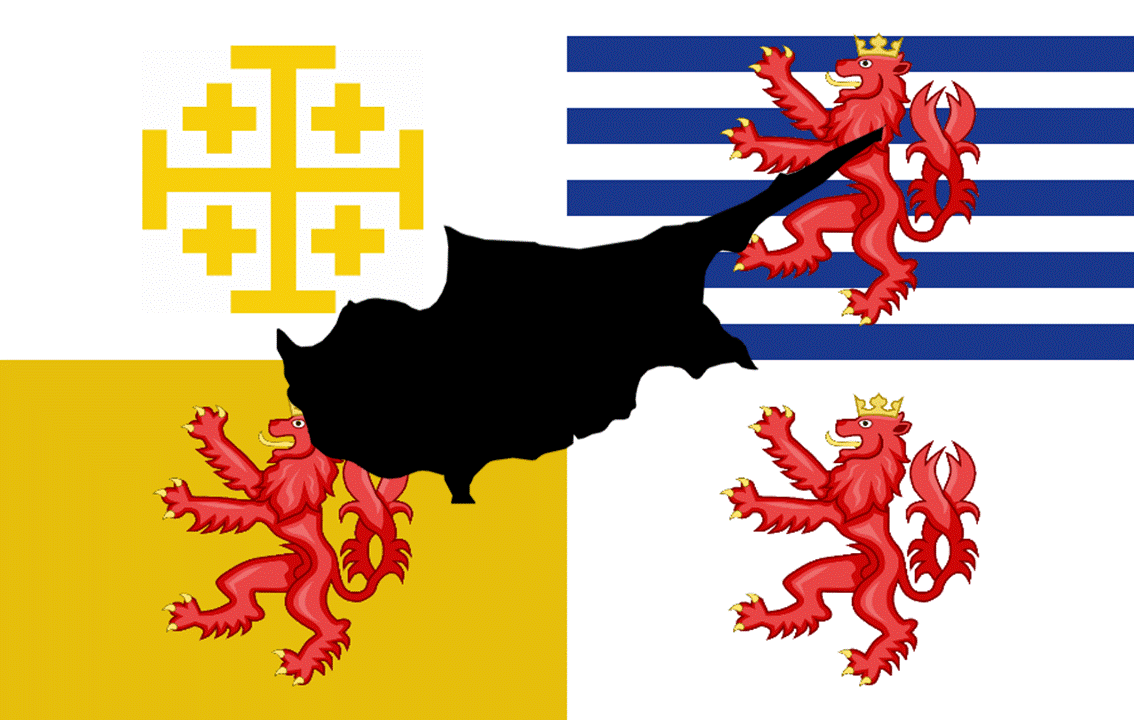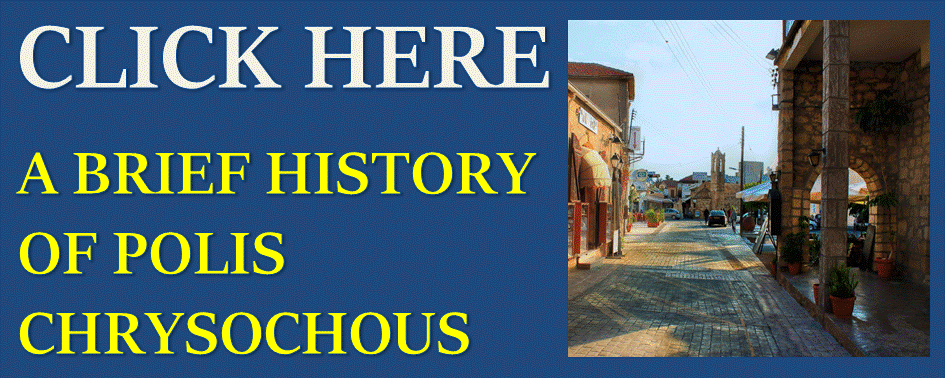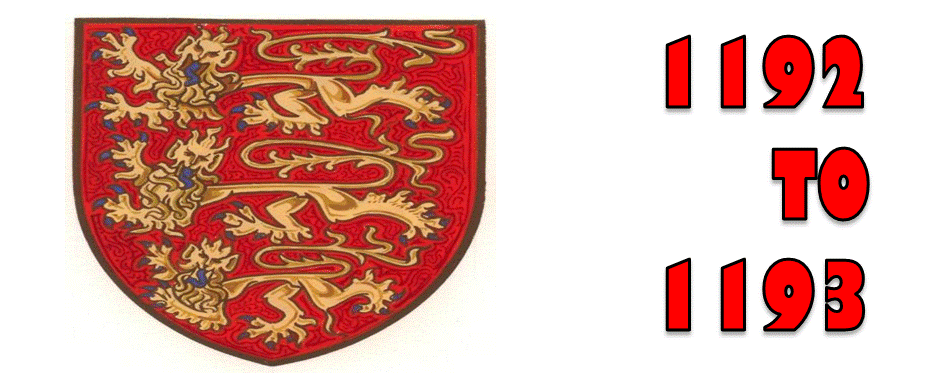
A COMPREHENSIVE HISTORICAL OVERVIEW
A COMPETENT LEADER
Byzantine rule of Cyprus came to an abrupt end when Richard I of England, also known as Richard the Lionheart landed on the island in 1191. This brief yet brutal episode in the island’s history has raised several questions, with many suggesting that this campaign was a strategic conquest of necessity by a competent military leader of the Third Crusade, whilst others have recorded it as an accident of circumstance.
THE THIRD CRUSADE
Whether his conquest of the island was an act of opportunism or a strategic move, it did have significant implications for the island. The backdrop for Richard’s ascent to Cyprus was the Third Crusade, initiated as a response after the capture of Jerusalem by Saladin in 1187. The primary goal of this crusade was to reclaim the Holy City and restore Christendom’s foothold in the East. Richard, seen as one of the most formidable military leaders of his time, joined forces with King Philip II of France and Emperor Frederick I Barbarossa of the Holy Roman Empire.
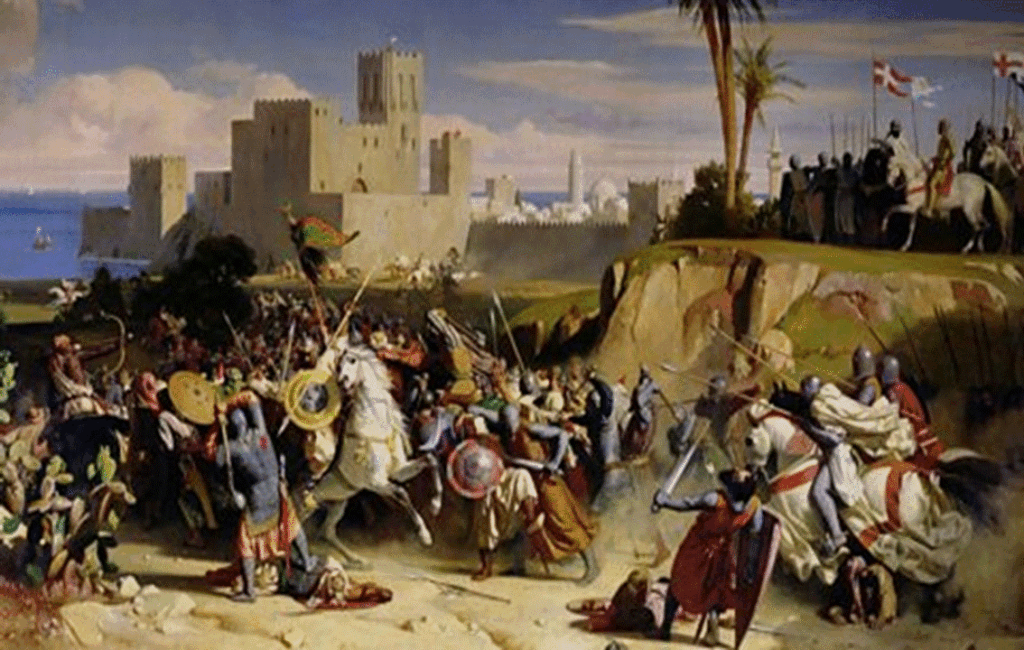
ISAAC KOMNENOS
Richard the Lionheart sought refuge after a storm forced remnants of his fleet towards the coast of Limassol. At that time, Cyprus was under the tyrannical rule of Isaac Komnenos, a self-imposed ruler who had seized power amid the political instability following the decline of Byzantine authority on the island. Komnenos ordered his forces to plunder treasure from wrecked Crusader ships and he took a number of the fleet prisoner. The ship carrying the future Queen of England, Berengaria of Navarre, had taken shelter from the storm in the port of Limassol, but Komnenos did not allow the passengers to disembark, effectively blockading her ship in his port.
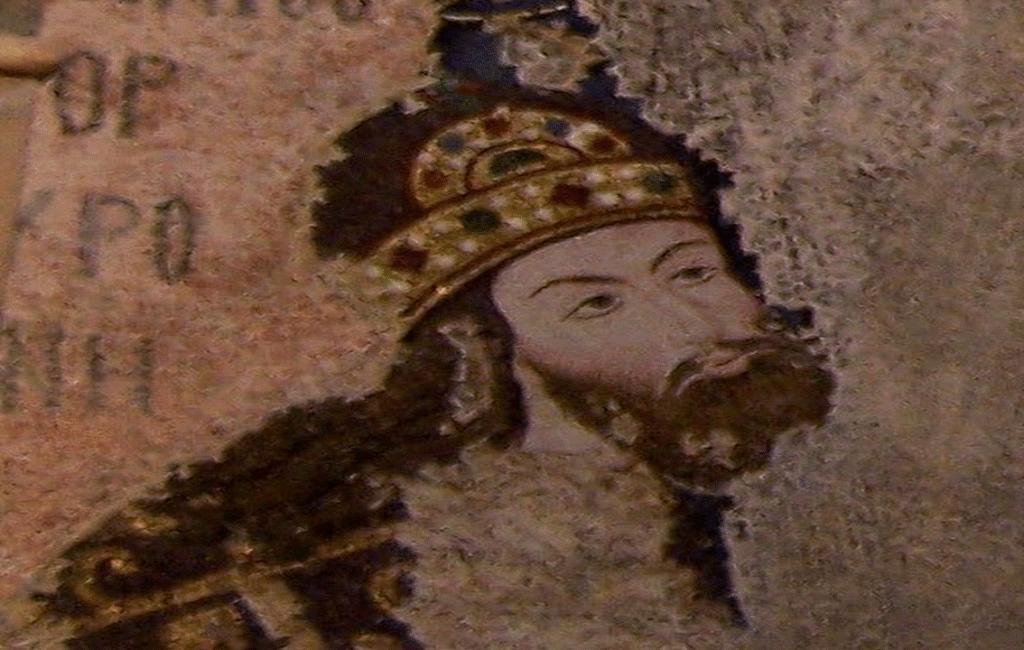
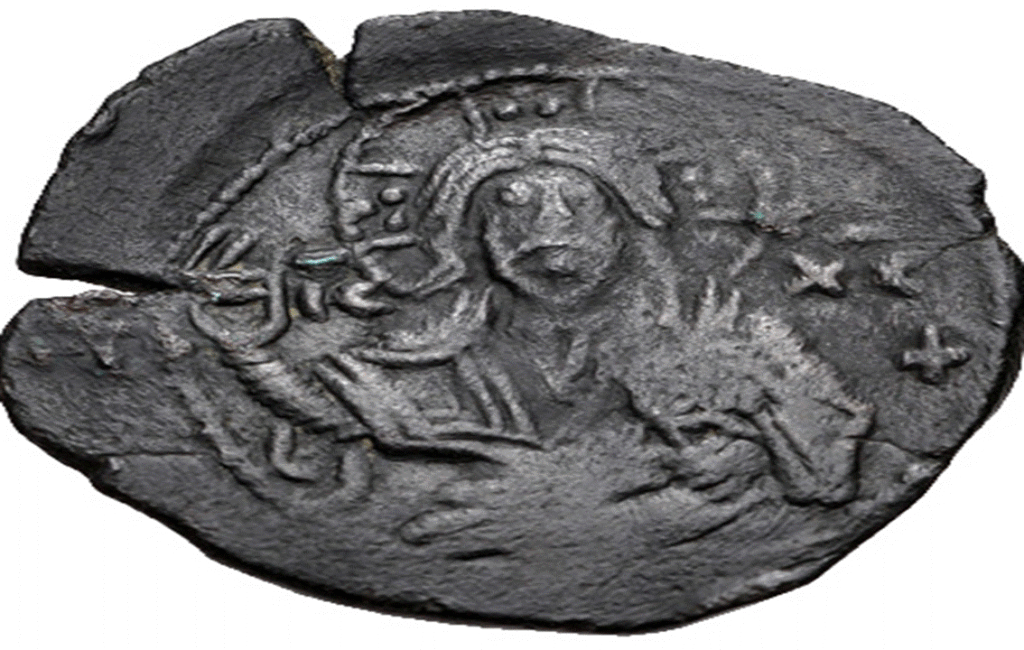
A REPUTATION FOR HOSTILITY
Isaac Komnenos had a reputation for hostility and it seems that his attempts to thwart Crusader efforts in turn forced the King of England’s hand. The King, after landing unopposed on the coast of Limassol with a large contingent of knights, set about establishing a new base on the island for his Crusade. Komnenos retaliated by launching several small attacks against the Crusaders, but these were repelled by the King’s far superior forces. The Crusaders soon besieged the Limassol Castle and then went on to capture the whole region. The king then ordered his forces to take control of the entire island and the Lionheart waged a brutal war on all who resisted. As a consequence of this, the City of Amathus was plundered and then raised to the ground.
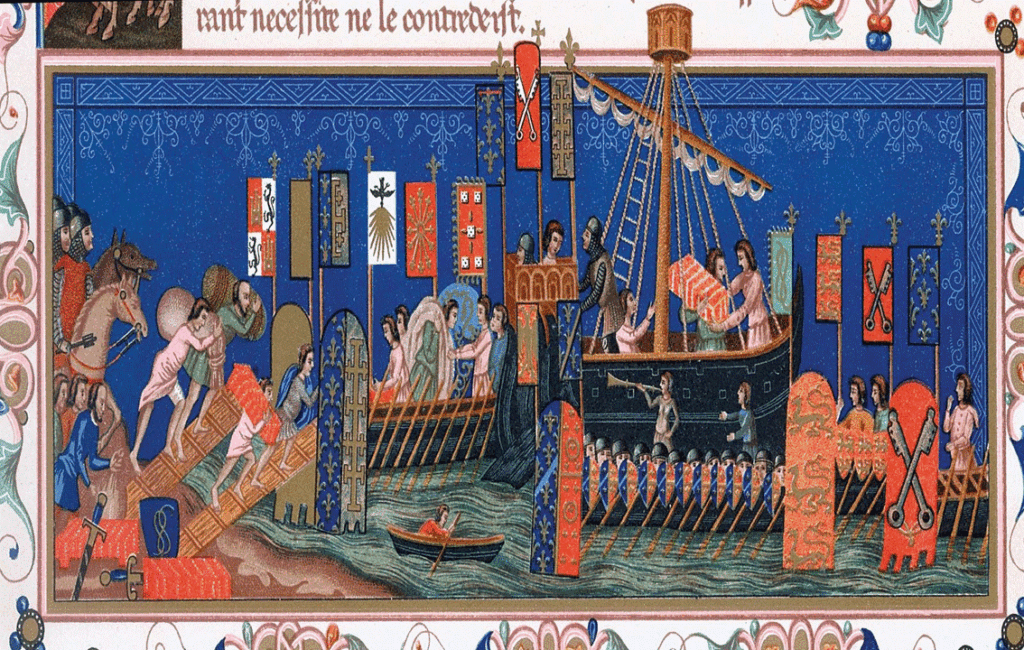
A SERIES OF STRATEGIC MANOEUVRES
A series of strategic manoeuvres marked the conquest, leading to several skirmishes between the opposing armies. The siege of Limassol Castle was the first major battle and after some brutal confrontations, the King’s forces eventually overpowered Komnenos defences. The subsequent capture of both Kolossi Castle further west and the fortified City of Nicosia in the north, where Komnenos banner was captured, were critical turning points in the campaign in the favour of the Crusaders. Isaac Komnenos was eventually hunted down and captured and the remnants of his Byzantine army that were not destroyed were sold into slavery and with this, Byzantine dominion on the island came to an abrupt end.
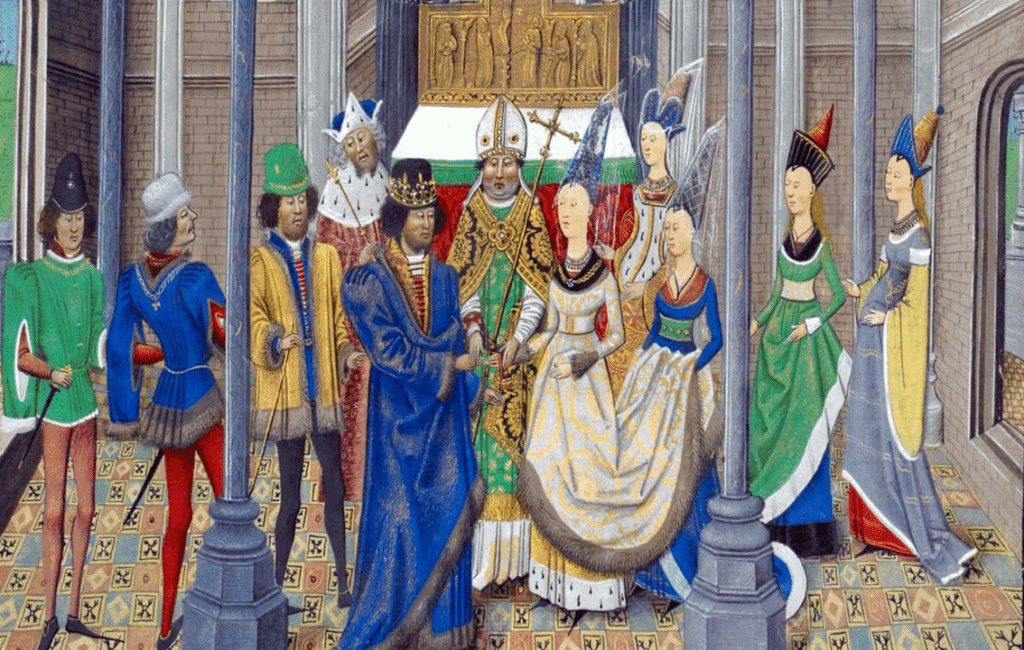
THE DOMINION OF THE ENGLISH CROWN
It seems that the Crusaders were initially unaware of the strategic importance of Cyprus, but this changed after the island became a focal point in the Lionheart’s military campaign. After he had captured Cyprus, he declared that the island was now under the dominion of the English crown, offering both a logistical stronghold for future Crusader efforts and a new source of economic resources. The new Anglo-Norman administration aimed to integrate Cyprus into the broader framework of the Crusader states, maintaining a trade economy with Europe. The new regime kept in place existing trade routes between the West and East and the king promptly introduced higher taxes to help pay for the Crusades.
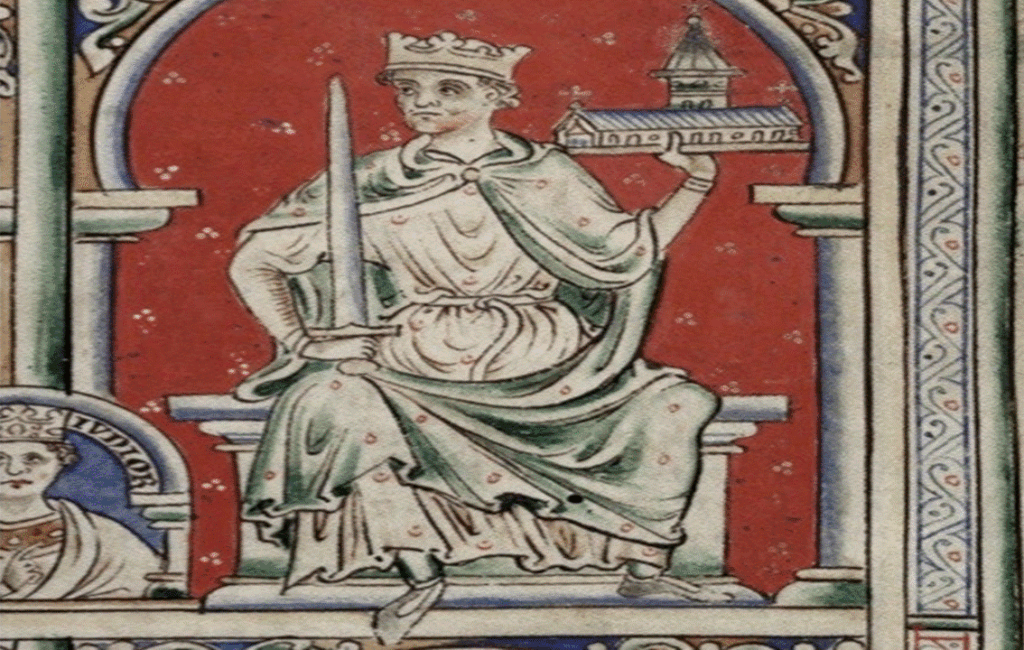
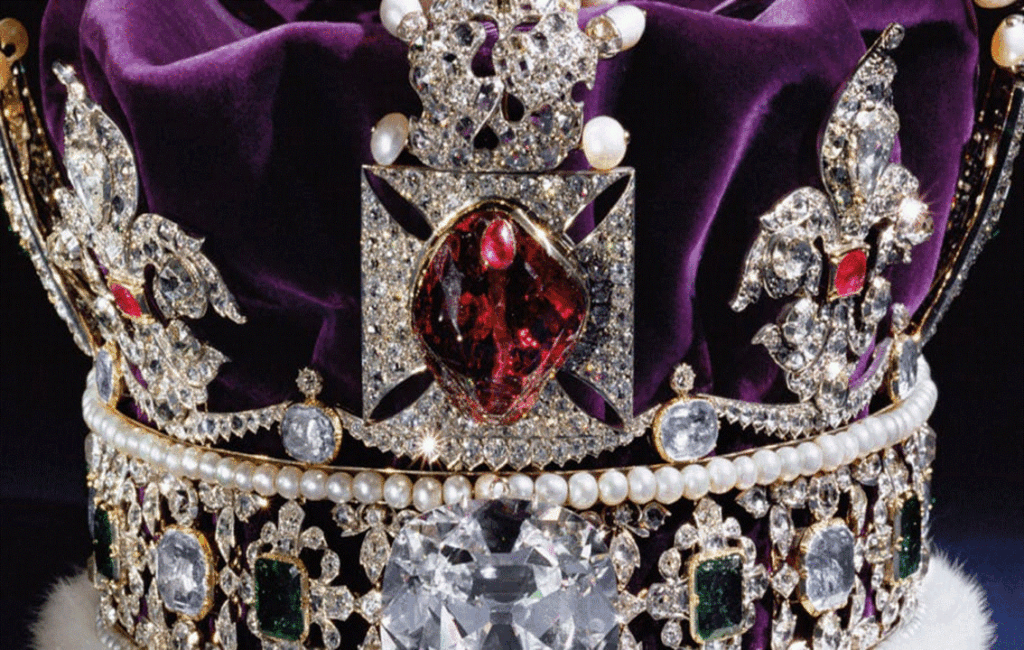
A NEW DECISIVE ADMINISTRATION
The new administration was characterised by both decisive governance and strategic alliances and Guido de Lusignan, a prominent Crusader became the new de-facto ruler of Cyprus. The introduction of a new feudal system with rights and responsibilities that mirrored Western European practices aligned the island with the Crusader ethos of fealty and service. Anglo-Norman rule was not without its challenges, however, and the island’s local populace often rebelled against extreme taxes imposed by the new regime. This prompted the Anglo-Normans to implement a series of fortifications to further consolidate their power on the island. The Lionheart would go on to spend the rest of the year on the island, celebrating his marriage with Berengaria of Navarre, who was crowned queen consort of England, in the Limassol castle before, finally embarking on his crusade.
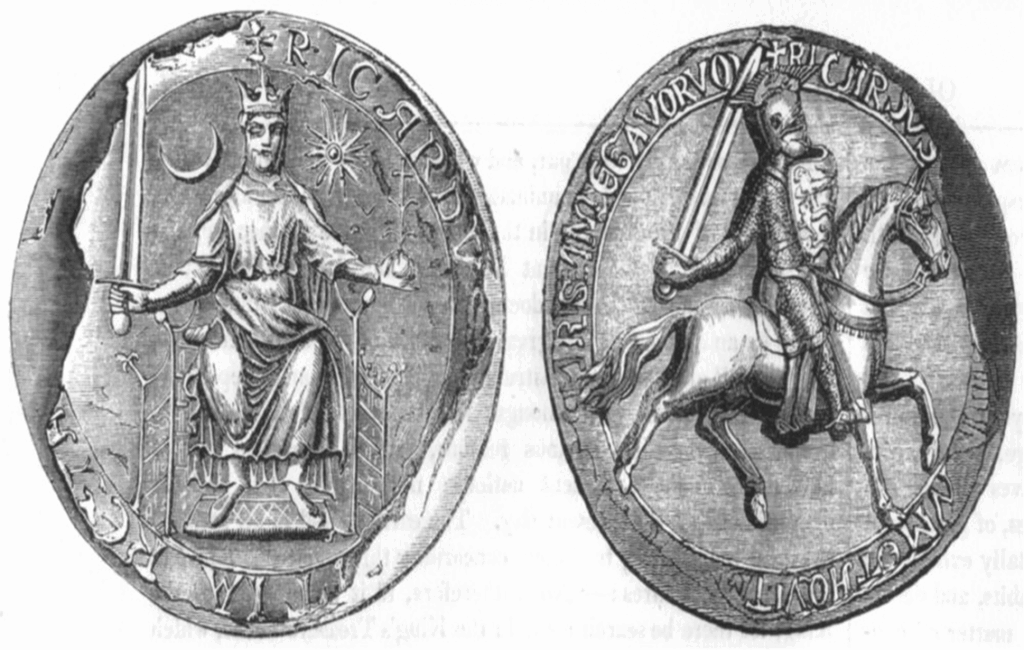
AN ISLAND OF STRATEGIC IMPORTANCE
The island’s strategic location in the Eastern Mediterranean added to its military significance in the region. Moreover, Cyprus became an essential source of supplies, enabling the Crusaders to maintain their campaigns against Saladin and other Muslim forces in the east. Cyprus also became a refuge for both Christian knights and pilgrims heading to the Holy Land. Controlling the island also enabled the Crusaders to deny potential resources to Saladin, who in turn could have used the island as a base of operations against the Crusaders. Anglo-Norman governance facilitated their primary objective, which was to spread Western Christianity. This led to them establishing several new churches and monasteries on the island, but despite this, the enduring impact of Byzantine culture, and religion, continued to shape the island’s identity. The Orthodox Church remained influential, ensuring the continuity of Byzantine traditions and practices in a changing political landscape on the island.
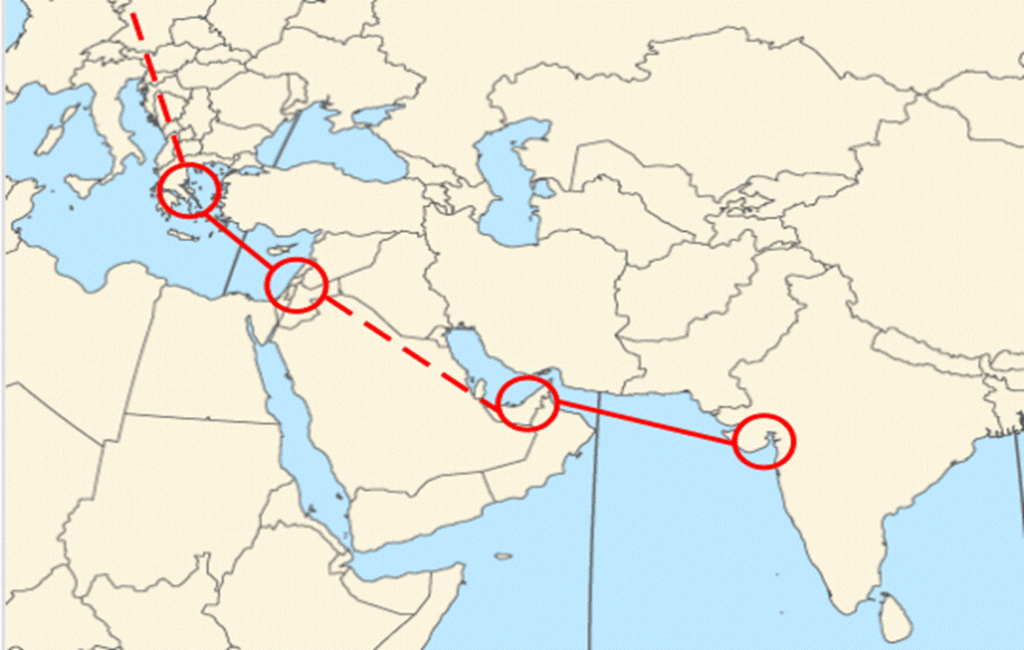
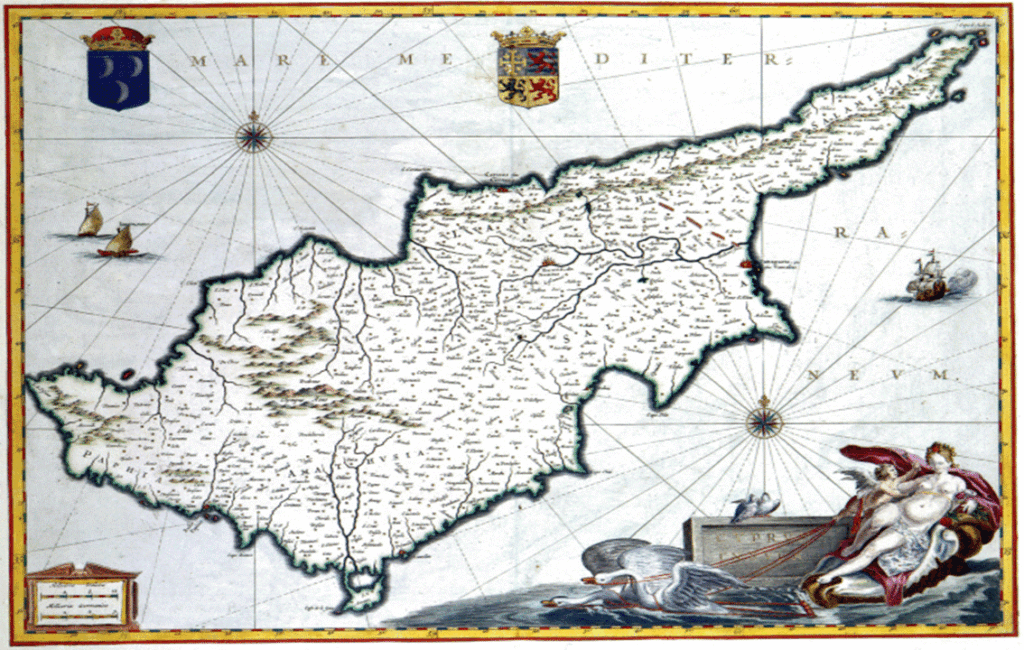
AN ANGLO-NORMAN LEGACY
Richard the Lionheart’s conquest of Cyprus in 1191 exemplifies the complexities of the Crusades and the interplay of military might, strategic foresight, and governance. His conquest of the island not only served as a tactical advantage for the Crusader forces but also laid the groundwork for a lasting Crusader legacy in the region. The subsequent rule of Cyprus marked a crucial chapter in its history, demonstrating how the Crusader states adapted to and influenced local dynamics. The actions of the Anglo-Normans in Cyprus highlight the intricate relationship between conquest, administration, and the broader objectives of the Crusades, reminding us of the enduring impact of their reign within the annals of history.
